Finding words for the challenge and wonder of friendship

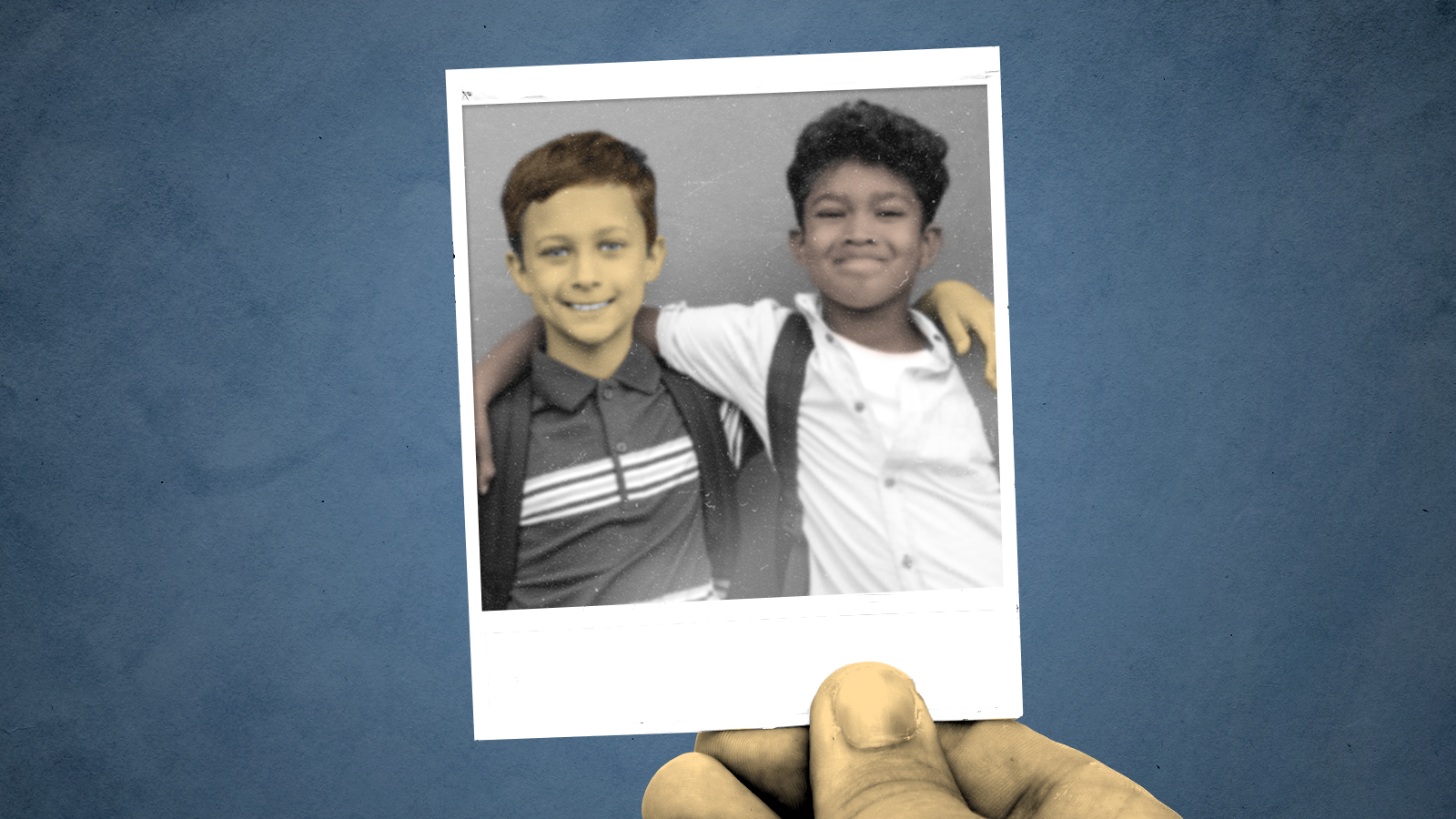
A free daily email with the biggest news stories of the day – and the best features from TheWeek.com
You are now subscribed
Your newsletter sign-up was successful
What is friendship? How come sustaining this distinctive kind of relationship over the course of a life can be so difficult, perhaps especially so in our time of mobility and individualistic striving? And why is making the effort nevertheless so essential to human fulfillment?
Jennifer Senior's beautiful and thoughtful new essay in The Atlantic, "It's Your Friends Who Break Your Heart," raises all of these questions and many more. It suggests tentative answers as well, though the essay's wisdom is contained more in the unearthing of what might be called the complex interpersonal dynamics (or phenomenology) of friendship — the tenuous threads that entangle us as we pull each other near while also pushing each other away, seeking and finding emotional closeness for a time while also riding waves of corrosive envy and complacency.
We expect a lot from friendships in our otherwise atomized lives, hoping they'll play the role once filled by "parents, aunts and uncles, cousins, fellow parishioners, fellow union members, fellow Rotarians." Yet, precisely because many of us spend much of our lives running from one task, ambition, and duty to the next, those relationships can end up strained. The result is a sharp increase in the number of friendless people and a steep decline in the number of friends many of the rest of us have. The isolation of the COVID-19 pandemic has likely made this even worse. (Senior points to a recent Pew survey showing that 38 percent of Americans feel more distant from their closest friends than they did in the past.)
The Week
Escape your echo chamber. Get the facts behind the news, plus analysis from multiple perspectives.

Sign up for The Week's Free Newsletters
From our morning news briefing to a weekly Good News Newsletter, get the best of The Week delivered directly to your inbox.
From our morning news briefing to a weekly Good News Newsletter, get the best of The Week delivered directly to your inbox.
That's a terrible shame, because as Senior shows in myriad ways, friendship is incredibly important to a life well lived, despite how little social scientists have focused on studying it. Aristotle was closer to the mark in devoting no less than one-fifth (two books out of 10) of his Nicomachean Ethics to reflecting on its place in a good life.
The closest we get in Senior's essay to a synoptic description of friendship at its peak is found in something author Benjamin Taylor says when Senior asks him about his close friendship with the late novelist Philip Roth. After a long pause, Taylor offers the following: "Philip made me feel that my best self was my real self…. I think that's what happens when friendships succeed. The person is giving back to you the feelings you wish you could give to yourself. And seeing the person you wish to be in the world."
Finding that kind of mirrored intimacy — a mutual confirmation, affirmation, and sharing of what is best in us — is a precious and wonderful thing. But maintaining it is hard, for a range of sociological and psychological reasons. I can't think of a better guide to this essential, fraught, and neglected terrain than Jennifer Senior's latest essay.
A free daily email with the biggest news stories of the day – and the best features from TheWeek.com
Damon Linker is a senior correspondent at TheWeek.com. He is also a former contributing editor at The New Republic and the author of The Theocons and The Religious Test.
-
 Political cartoons for February 21
Political cartoons for February 21Cartoons Saturday’s political cartoons include consequences, secrets, and more
-
 Crisis in Cuba: a ‘golden opportunity’ for Washington?
Crisis in Cuba: a ‘golden opportunity’ for Washington?Talking Point The Trump administration is applying the pressure, and with Latin America swinging to the right, Havana is becoming more ‘politically isolated’
-
 5 thoroughly redacted cartoons about Pam Bondi protecting predators
5 thoroughly redacted cartoons about Pam Bondi protecting predatorsCartoons Artists take on the real victim, types of protection, and more
-
 Is a social media ban for teens the answer?
Is a social media ban for teens the answer?Talking Point Australia is leading the charge in banning social media for people under 16 — but there is lingering doubt as to the efficacy of such laws
-
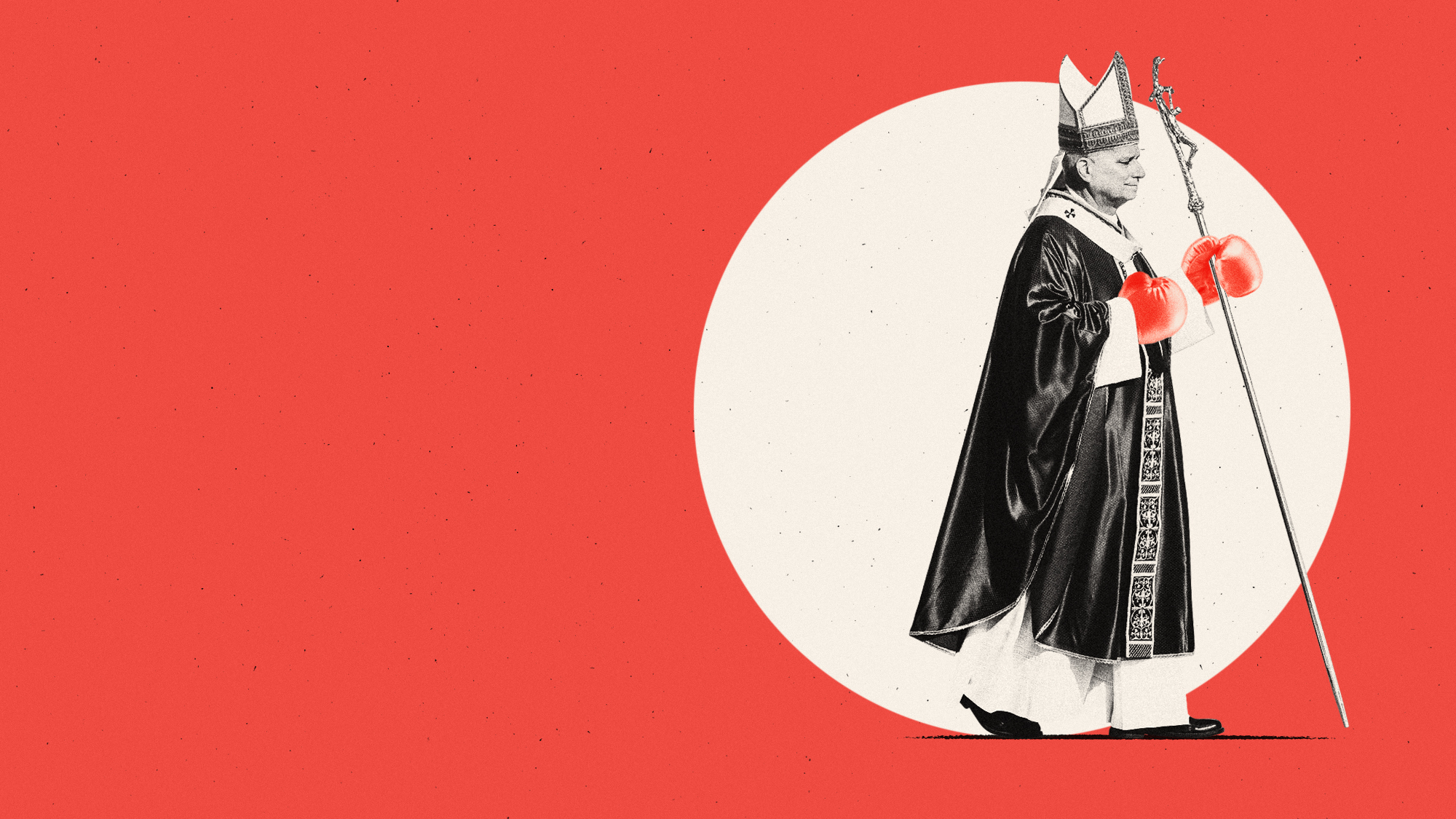 Why are American conservatives clashing with Pope Leo?
Why are American conservatives clashing with Pope Leo?Talking Points Comments on immigration and abortion draw backlash
-
 Questions abound over the FAA’s management of Boeing
Questions abound over the FAA’s management of BoeingTalking Points Some have called the agency’s actions underwhelming
-
 'Immigrant' Superman film raises hackles on the right
'Immigrant' Superman film raises hackles on the rightTALKING POINT Director James Gunn's comments about the iconic superhero's origins and values have rankled conservatives who embrace the Trump administration's strict anti-immigrant agenda
-
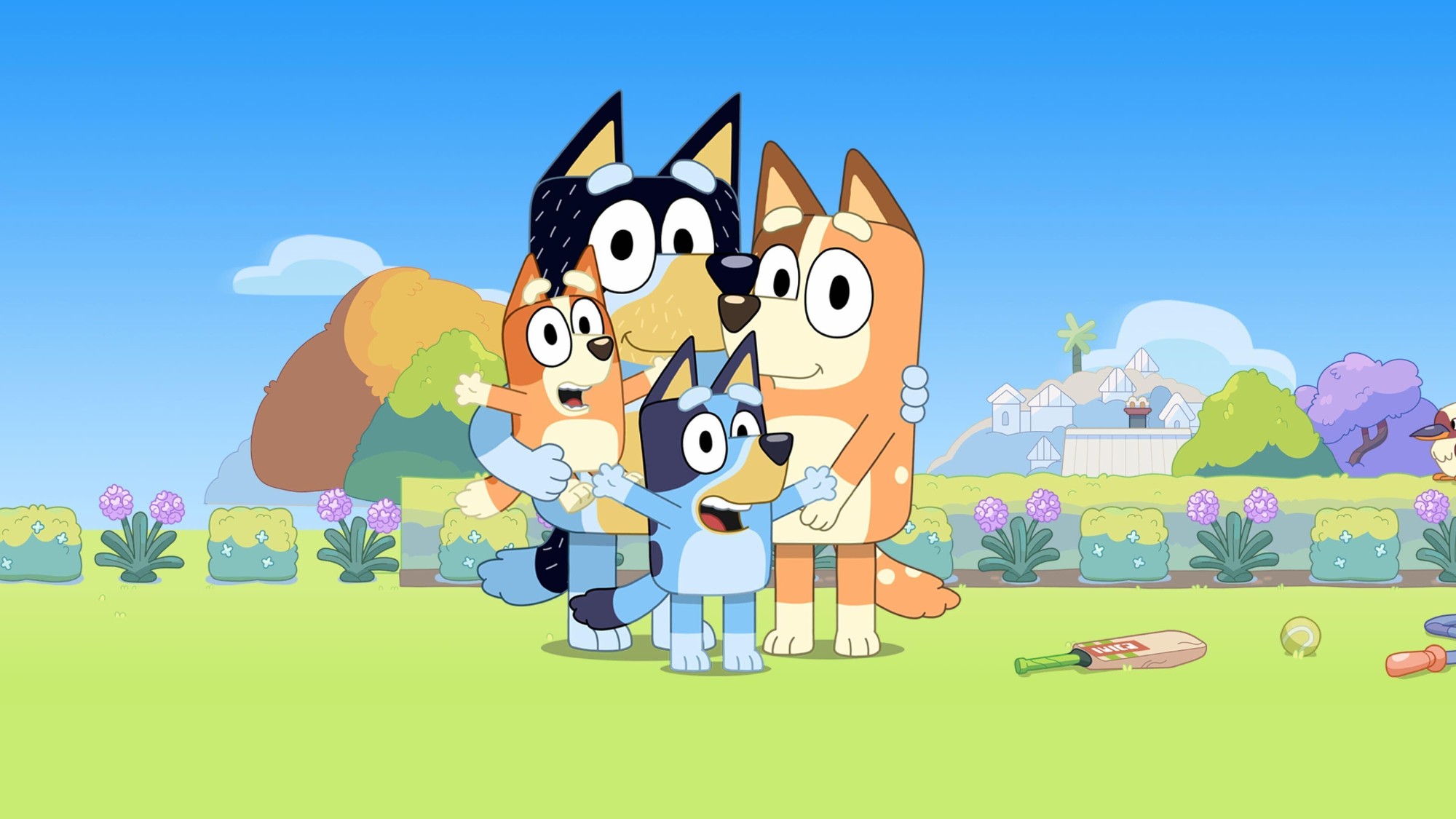 Disney is still shielding Americans from an episode of 'Bluey'
Disney is still shielding Americans from an episode of 'Bluey'Talking Points The US culture war collides with a lucrative children's show
-
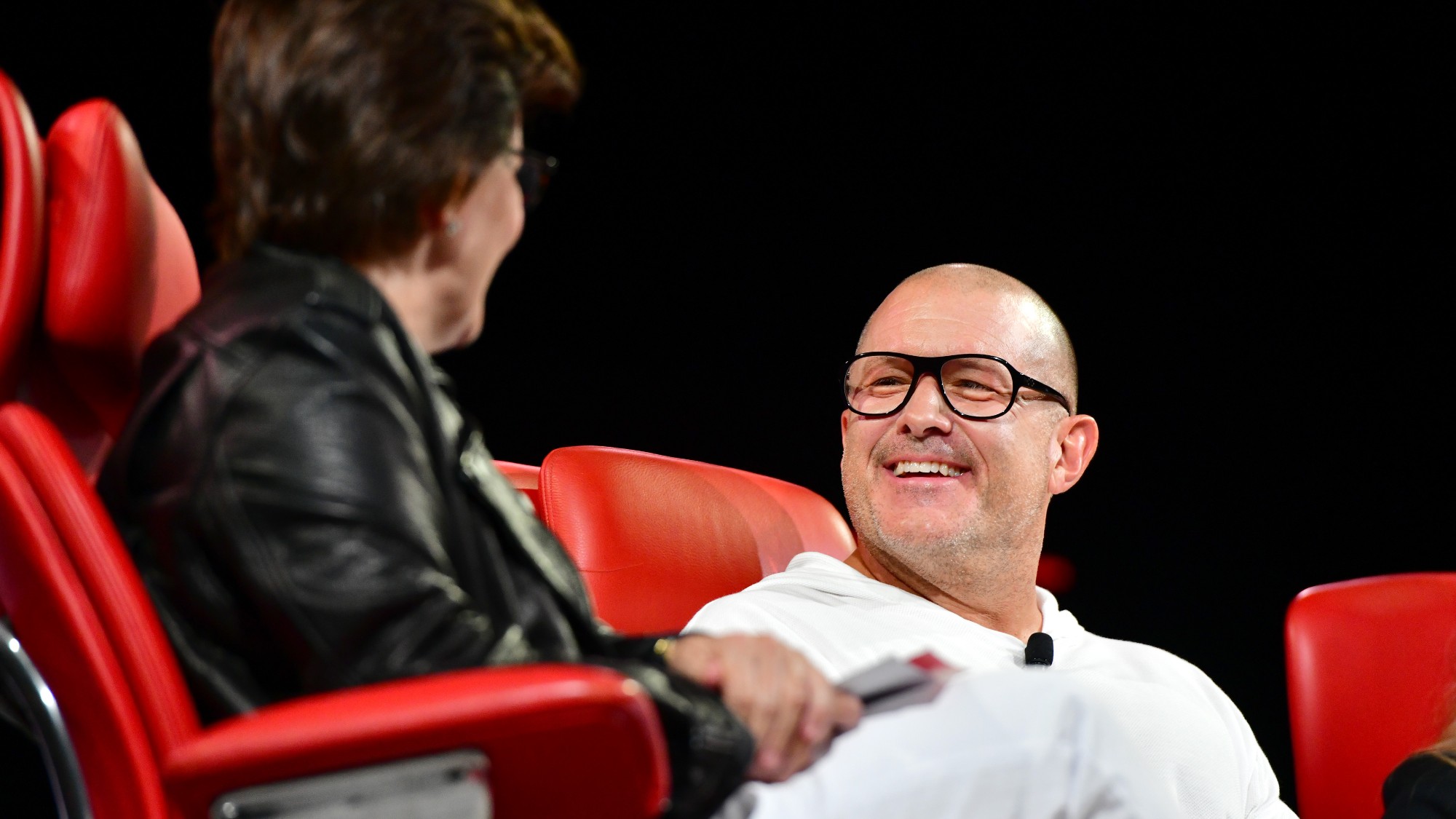 Jony Ive's iPhone design changed the world. Can he do it again with OpenAI?
Jony Ive's iPhone design changed the world. Can he do it again with OpenAI?Talking Points Ive is joining OpenAI, hoping to create another transformative piece of personal technology. Can lightning strike twice?
-
 Is method acting falling out of fashion?
Is method acting falling out of fashion?Talking Points The divisive technique has its detractors, though it has also wrought quite a few Oscar-winning performances
-
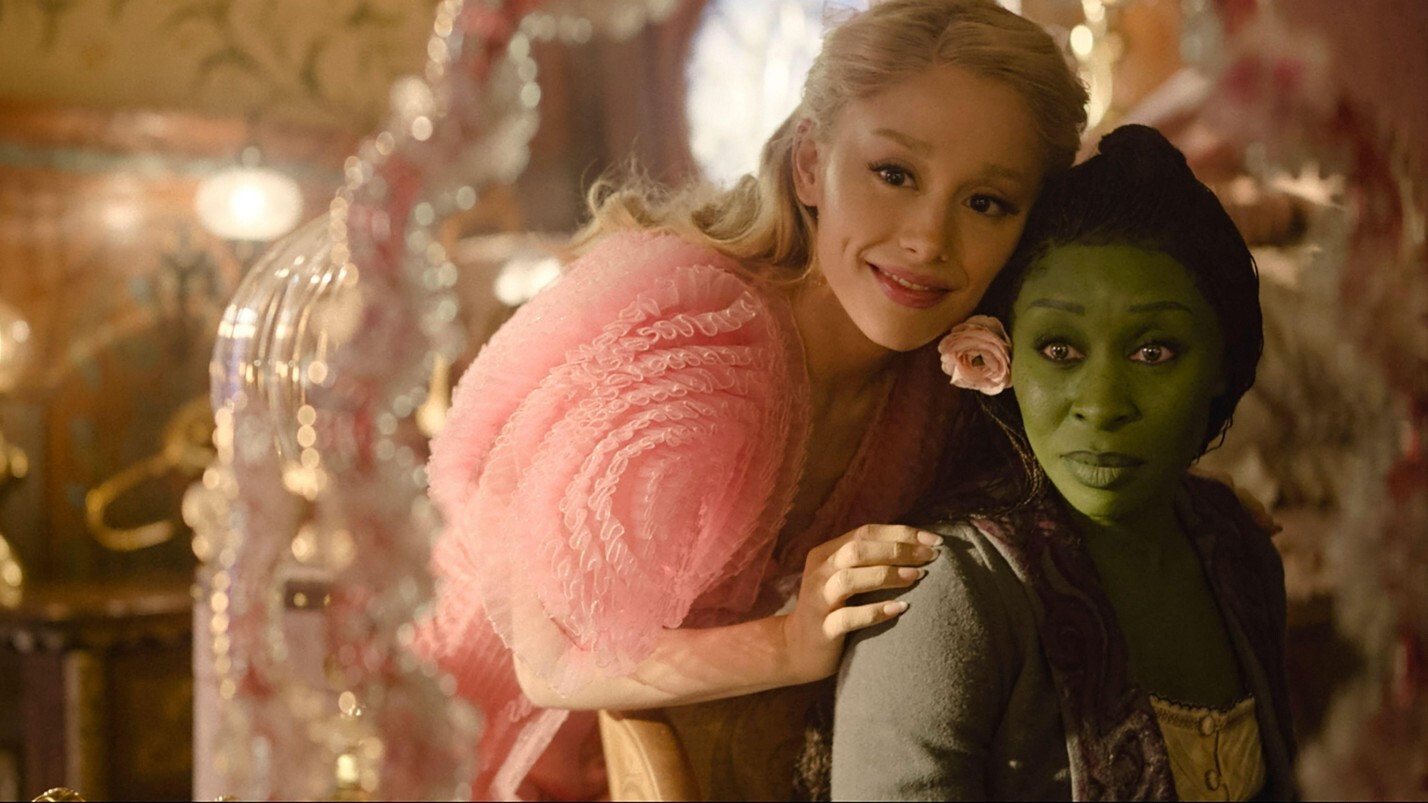 Wicked fails to defy gravity
Wicked fails to defy gravityTalking Point Film version of hit stage musical weighed down by 'sense of self-importance'
